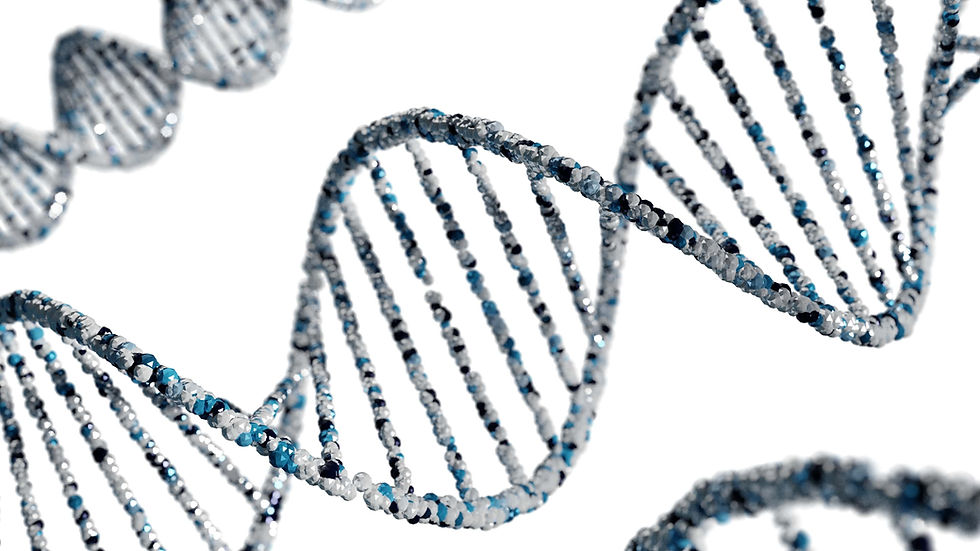Understanding The Link: Alcohol and Cancer risk
- leylew
- Apr 7
- 3 min read
Updated: Apr 8
Okay, so we all think that social drink, that glass of wine, seems harmless enough, right?
But let's be real—are we truly aware of the potential health risks, even with moderate alcohol consumption? Last week we talked about the former Surgeon General's warning on alcohol-related cancers, which you can find here. Now, I want to delve deeper into the specific types of cancer linked to alcohol and the underlying mechanisms.
So, which cancers are we talking about? The connection between alcohol consumption and an increased risk of several cancers is well-established. We're discussing:
Oral and pharyngeal cancers (mouth and throat)
Esophageal cancer
Laryngeal cancer (voice box)
Breast cancer (particularly in women)
Liver cancer
Colorectal cancer (colon and rectum) [1]

It's crucial to understand that the risk increases with the amount of alcohol consumed. Even moderate drinking can contribute to these risks, and there is no universally "safe" level of alcohol consumption when it comes to cancer prevention.
Now, let's address the science behind this connection.
When your body metabolizes alcohol, it produces acetaldehyde, a toxic substance known to cause DNA damage. [1] Furthermore, alcohol consumption induces oxidative stress, leading to the formation of harmful molecules that inflict cellular and DNA damage. These direct effects significantly elevate your susceptibility to cancer.

For women, alcohol's influence on hormone levels, particularly estrogen, is a significant concern. Alcohol can disrupt hormonal balance, resulting in elevated estrogen levels, a known risk factor for certain forms of breast cancer. [2]
Additionally, alcohol acts as a solvent, enhancing the absorption of carcinogens from other sources, such as tobacco smoke. It can also damage the lining of the mouth and throat, facilitating the entry of carcinogens. And, of course, chronic inflammation triggered by alcohol consumption creates an environment conducive to cell damage and uncontrolled cell growth - both key factors in cancer development.
I have some practical steps you can take to help limit your risk:
Limit alcohol consumption: Reducing your intake is paramount in minimizing cancer risk.
Prioritize a balanced diet: A nutrient-rich diet with antioxidants supports your body's natural defenses.
Seek professional support: If you're struggling to reduce your alcohol intake, don't hesitate to seek help. Your life could literally depend on it.
Consult your healthcare provider: Discuss your alcohol consumption and cancer risks with your doctor.

Just as I emphasize setting boundaries in other areas of your life, the same absolutely applies to your relationship with alcohol. If your well-being is a priority – and it should be – you deserve to make informed choices about drinking without feeling pressured. It's perfectly acceptable, and frankly, essential, to decline that extra round, to skip the happy hour, or to politely say "no thanks" at social events where excessive drinking is the norm.
Remember, you're not alone in navigating these challenges. Many people struggle with the social pressures surrounding alcohol. By maintaining your resolve, by choosing your health, you'll find that others respect your strength and may even be inspired by it.
Ready to create a sustainable, healthier lifestyle, one that truly prioritizes your well-being and helps you manage your relationship with alcohol? Schedule your complimentary Discovery Call today. During our 30-minute conversation, we'll discuss your goals, your challenges with alcohol, and explore how I can support you in making lasting changes.
My sincere desire is to see you thrive, surrounded by a lifestyle that supports your health, and free from the pressures that can lead to unhealthy drinking habits.



Comments